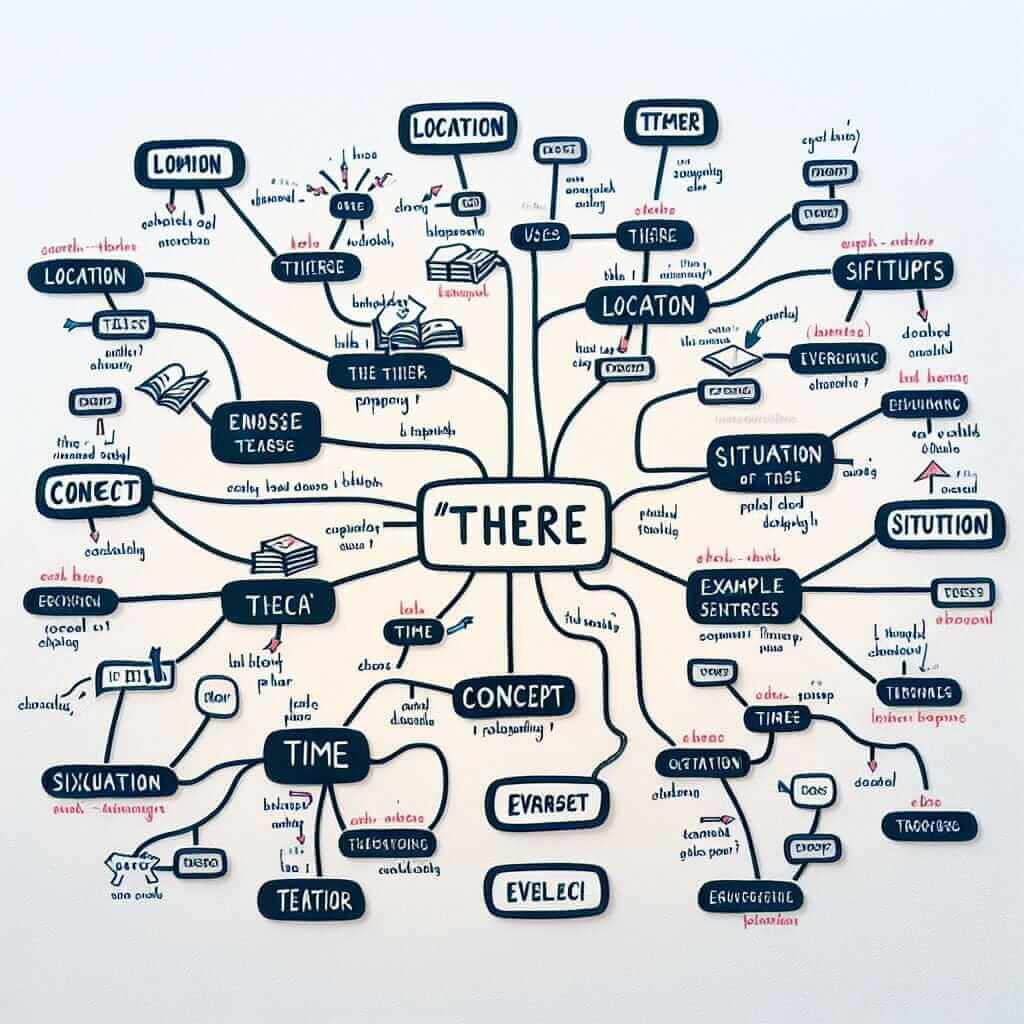As an IELTS instructor with over 20 years of experience, I’ve encountered countless students grappling with the nuances of the Speaking test. One common challenge is understanding and using the word “there” effectively, especially when it appears in Part 1 questions like “Are there many parks in your city?” or “Did you go to many places as a child?” This often leads to the question, “Why do few people go there?”
Understanding the Significance of “There”
The word “there” can be tricky in IELTS Speaking because it often refers to a place or situation previously mentioned or implied. It’s not always about a specific physical location. Let’s break it down:
- “There” as a location: In some cases, “there” refers to a concrete place. For example, “I visited a beautiful beach. There were many seashells there.” Here, “there” clearly signifies the beach.
- “There” as a concept: Often, “there” refers back to an idea, time period, or situation. For instance, “In the past, people read more books. Were there any libraries there?” Here, “there” refers to the past, not a physical library.

Mastering “There” in Your Responses
To confidently tackle “there” in your IELTS Speaking test, consider these strategies:
- Identify the referent: Before responding, quickly determine what “there” refers to. Is it a physical location, a time period, or a previously mentioned situation?
- Use context clues: Pay attention to the previous sentences or questions. The context will often reveal what “there” represents.
- Paraphrase if unsure: If you’re unsure about the specific referent, paraphrase the question to confirm your understanding. For example, “You’re asking if many people visited that beach, right?”
- Maintain fluency: Avoid long pauses or excessive hesitation when encountering “there.” Practice using context clues swiftly to maintain a natural flow.
Examples from IELTS Speaking
Let’s analyze some examples to solidify your understanding:
- Examiner: “Are there many parks in your city?”
- Candidate: “Yes, my city has numerous parks. There are large ones with lakes and trails, and smaller ones within residential areas.”
- Examiner: “Did you enjoy going to the cinema as a child?”
- Candidate: “Yes, I loved it! There was something magical about watching movies on a big screen.” (Here, “there” refers to the experience of going to the cinema)
Tips for Success
- Practice active listening: Focus intently on the examiner’s questions to grasp the context and identify the referents of words like “there.”
- Expand your vocabulary: Develop a wide range of synonyms and expressions to avoid repetition and enhance your fluency.
- Record yourself speaking: Listen back to your practice sessions to pinpoint areas where you hesitate or struggle with “there” and other referencing words.
Conclusion
Mastering the use of “there” in IELTS Speaking might seem like a small detail, but it can significantly impact your fluency and coherence. By understanding its various functions and practicing effective strategies, you can confidently navigate these questions and achieve your desired band score. Remember, consistent practice and a keen awareness of context are key to unlocking your full potential in the IELTS Speaking test.